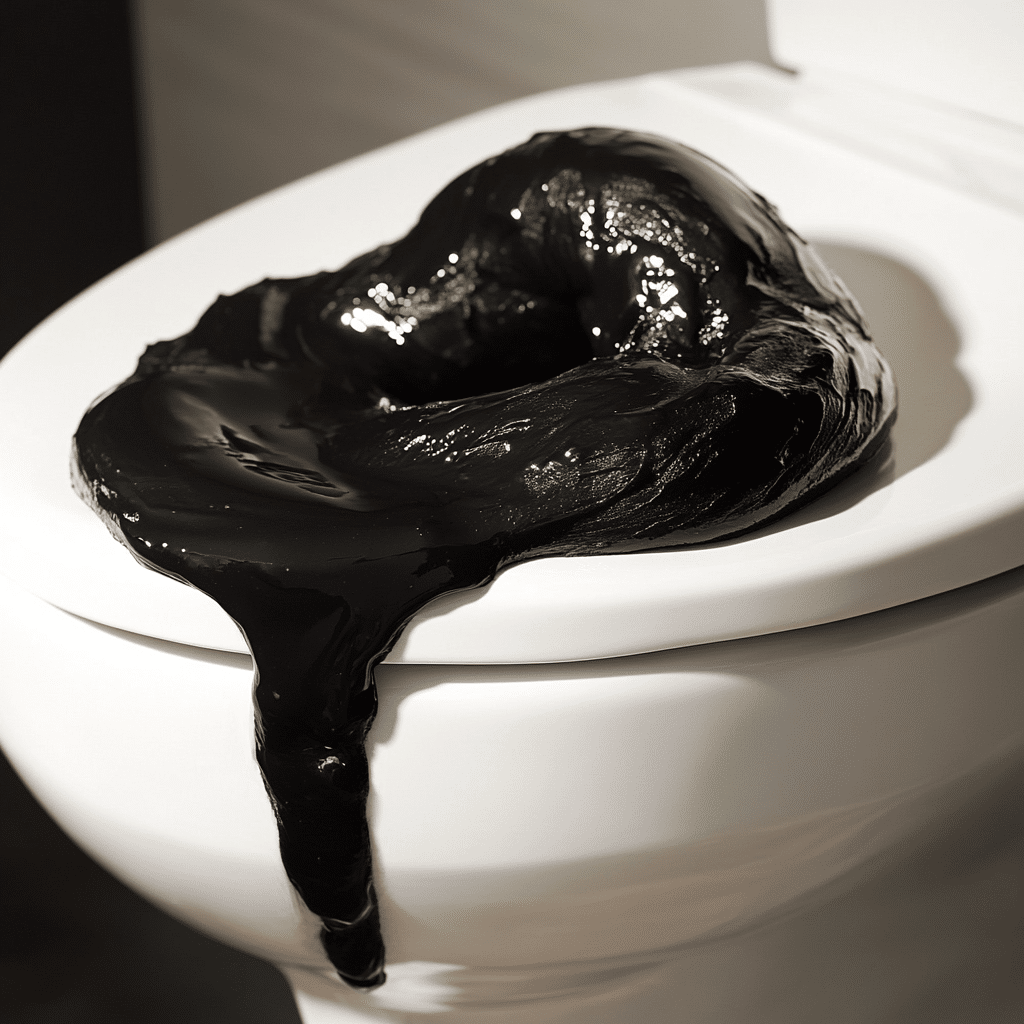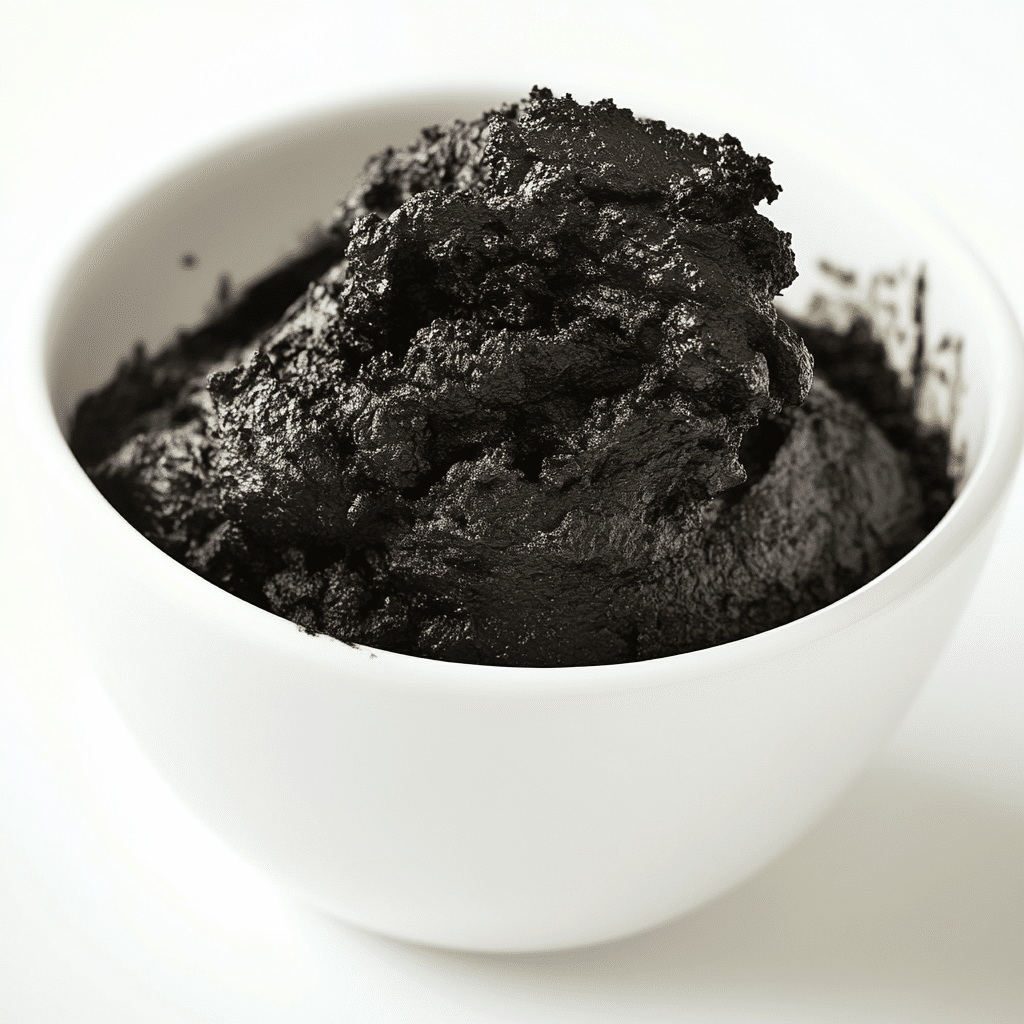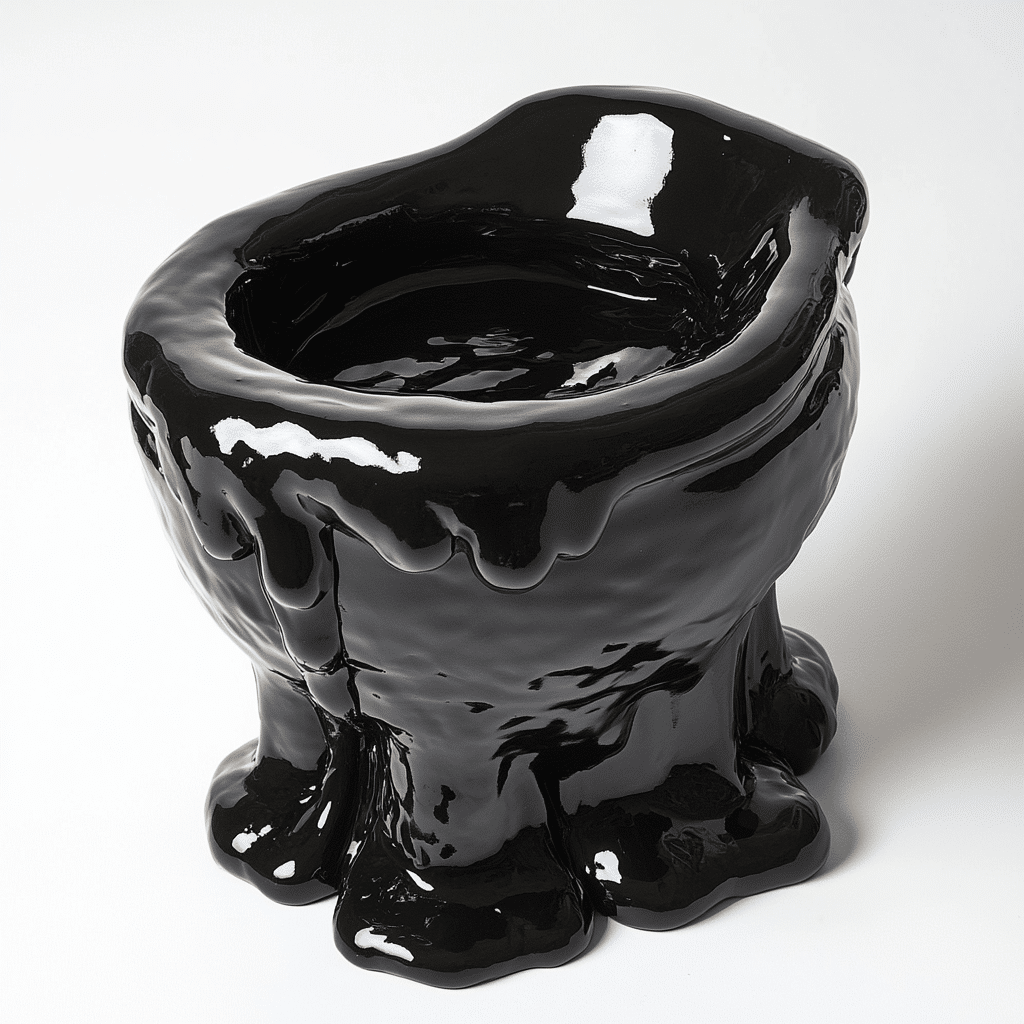Seeing black poop can send a jolt of panic through anyone. After all, your body often communicates with you through its functions, and one of the primary signals is through your stool. So, what does black poop mean? In this article, we’re going to break it down, exploring potential causes, implications for your gut health, and why you should care about what your bowel movements are telling you.

Top 7 Reasons Why Your Poop Is Black
1. Dietary Choices: Dark Foods Matter
One of the most common reasons behind black stool is simply what you eat. Dark foods play a significant role here. Did you indulge in black licorice, blueberries, or iron-rich foods recently? Ingredients packed with iron, like organ meats and dark leafy greens, can dramatically change stool color. If you’ve been on a diet high in these foods, this could very well explain your darker bathroom surprise.
2. Medications: The Silent Culprit
It’s not just what you eat; medications can also lead to black stools. For instance, Pepto-Bismol, which many people keep on hand for upset stomachs, contains bismuth subsalicylate and can darken stool. If you take iron supplements, like Ferrous sulfate for anemia, you might see similar dark changes. Awareness of this connection is crucial, as it can help you figure out if that dark stool is just a side effect or something to be concerned about.
3. Gastrointestinal Bleeding: A Serious Concern
Now, let’s talk serious. If you find yourself asking, “why is my poop black?”, it could indicate blood in your gastrointestinal tract, particularly from the upper part. This often results from gastric ulcers or bleeding varices. Black and tarry stools can signal that something’s wrong. If you suspect bleeding, it’s vital to consult your doctor immediately. Don’t ignore it; your health comes first!
4. C. Diff Diarrhea: What Does C Diff Poop Look Like?
Clostridium difficile, also known as C. diff, can lead to some pretty nasty gastrointestinal issues. While C. diff typically results in yellow or green diarrhea, the presence of blood could darken stools and indicate complications. So, if you find yourself asking, “what does C diff poop look like?” and notice something off-colored, it’s time to get checked out. Your digestive health is just as important!
5. Diverticulitis and Stool Color Association
Diverticulitis affects your intestines, and while it’s not usually linked to black poop, it’s essential to keep an eye on your bowel function. You might wonder, “what does poop look like with diverticulitis?” and notice changes during a flare-up. Hence, maintaining a watchful eye on these shifts can give you insights into your gut health and overall well-being.
6. Functional Disorders: Why Is My Poop Yellow?
Shifts in stool color sometimes indicate functional disorders like irritable bowel syndrome (IBS) or malabsorption issues. While you might notice transient changes from brown to yellow and even black, you shouldn’t overlook them. Understanding “why is my poop yellow?” is just as vital; it highlights underlying digestive imbalances that deserve your attention.
7. Hydration Levels: Why Is My Pee Neon Yellow?
Hydration plays a key role in the health of your stool too. If you’re asking, “why is my pee neon yellow?” it might be a telltale sign of dehydration. Dehydration can directly impact digestion, leading to uncomfortable outcomes, including stool color changes. It’s a friendly reminder that keeping hydrated is essential for a healthy digestive system.

Additional Color Insights: Why Is My Poop Green?
Beyond black poop, it’s essential to understand the significance of colors like green. A green stool might indicate a rapid transit time through your digestive tract, commonly brought on by dietary choices or conditions like diarrhea. Following a diet rich in chlorophyll from dark, leafy vegetables can also result in this unexpected hue.

The Importance of Monitoring Digestive Health
Being equipped with knowledge about your gastrointestinal health will empower you to take charge of your body. Monitoring changes in stool color—black, yellow, or even green—offers insight into what’s going on inside and helps in early detection of potential issues. Regular consultations with healthcare professionals ground your observations in expert advice.

Navigating Your Digestive Journey
Observing and understanding your stool isn’t just a quirky habit; it’s a fundamental aspect of maintaining your health. The next time you glance into the bowl and see something unusual, remember: some changes are harmless, while others may alert you to more serious issues. From understanding “what does black poop mean” to recognizing shifts within a spectrum of colors, you have the power to advocate for your health.
Talk openly with your healthcare professionals; after all, your digestive health is worth prioritizing. So, stay informed, stay active, and keep your body in the best shape possible! Remember to fuel yourself with the knowledge that can help you in and out of the gym, complementing your journey to gain muscle and achieve that shredded six-pack look!
To explore additional health topics, check out our links on IV Fluids to nourish your recovery, or learn about Creatina Monohidratada to maximize your workouts. Whatever your goal is—whether it’s building muscle or understanding your body’s signals—embrace the journey. You got this!

What Does Black Poop Mean?
Black poop can be a real head-scratcher, and it’s often tied to some intriguing factors. First off, it might indicate bleeding in the upper digestive tract, which can stem from ulcers or more serious issues. However, before jumping to conclusions and scheduling an appointment with your doc, it could also result from diet choices. For example, eating foods like black licorice or even supplements like iron can result in unexpectedly dark stools. Talk about food having a colorful impact on our health!
What Else Could Cause Black Poop?
Speaking of curious connections, did you know that gastrointestinal issues can crop up quietly? Understanding conditions like type 1 diabetes Vs type 2 is vital for recognizing overall health issues, but black poop could indicate something quite different, like an iron overload from supplements. Plus, some may not realize how certain medications, like those that affect stomach acid, might lead to changes. On a lighter note, if you’re a fan of unique kitchen gadgets, the Thermomix is a nifty tool that can whip up black bean soups that could contribute to your stool’s color.
Why Should You Care?
So, what does black poop mean, really? Beyond just alarming you at first sight, it can be a fun gateway to learn more about your body’s signals. If you’re following the latest films like Spiderman Beyond The Spider verse, it adds another layer to this storytelling—our bodies are telling stories too! Plus, understanding why black poop occurs can sometimes lead to intriguing explorations into topics like the Disadvantages Of clipping tongue tie, which hints at the interconnectedness of our health systems. So don’t shy away; dive into the world of body signs, and if anything seems off, don’t hesitate to reach out to your healthcare provider.
Remember, awareness can safeguard our well-being significantly. After all, knowing what contributes to our health—that’s like having a high-performing combat gel for fitness! Whether it’s about deciphering black poop or exploring the beautiful landscapes of Anguila, staying informed is always in style.



























